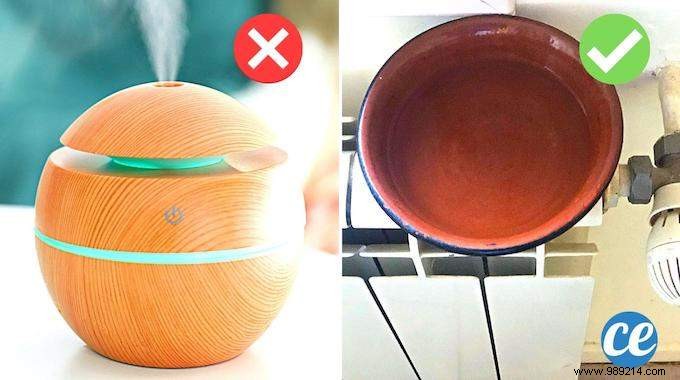
Struggling with dry indoor air during winter? Heating dries out the air, leading to stuffy noses, headaches, sore throats, and more. As someone who's battled this issue for years, I've tested these 11 effective natural solutions to restore humidity—no humidifier needed. They've transformed my home's air quality.
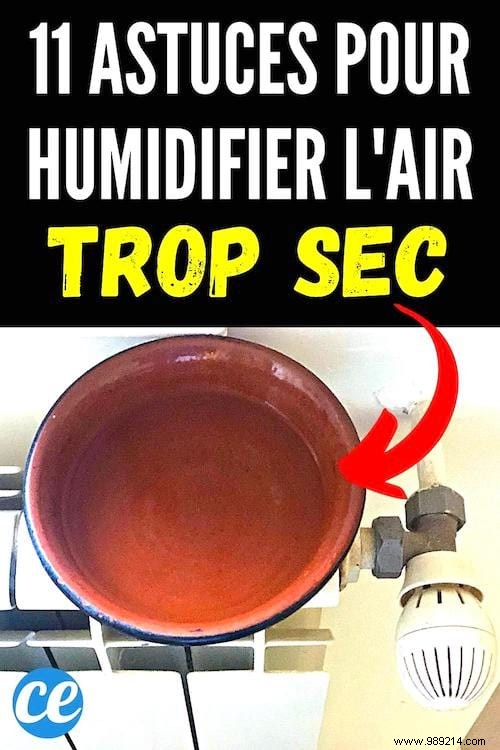
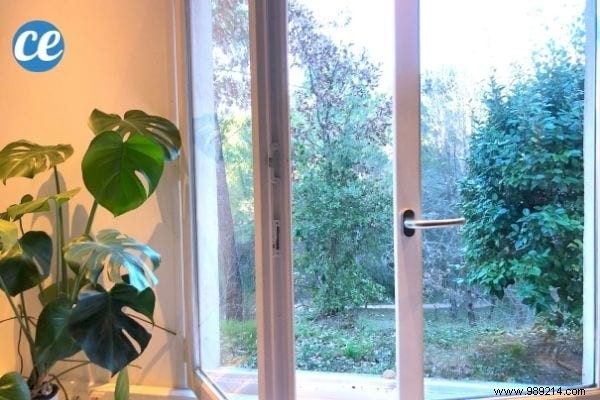
Start with the basics: regular ventilation. Heating dries the air, so open windows wide for 5 minutes daily, even in cold weather. This renews humidity, eliminates odors, and reduces viruses. Turn off heating first to save energy—it's a simple, proven step I've relied on for years, even in kids' rooms.
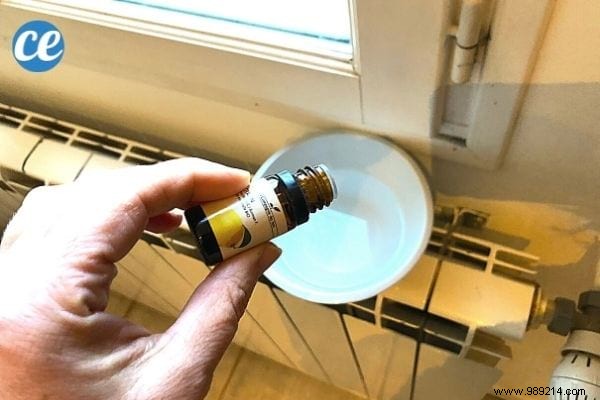
Creating a DIY humidifier is straightforward. Fill a heat-safe bowl with hot water and place it on your radiator. The heat evaporates the water, quickly humidifying small spaces like bedrooms or offices. For added benefits, mix in lavender, eucalyptus, or lemon essential oils to deter bacteria—but consult a doctor if pregnant, or with young children under 7.
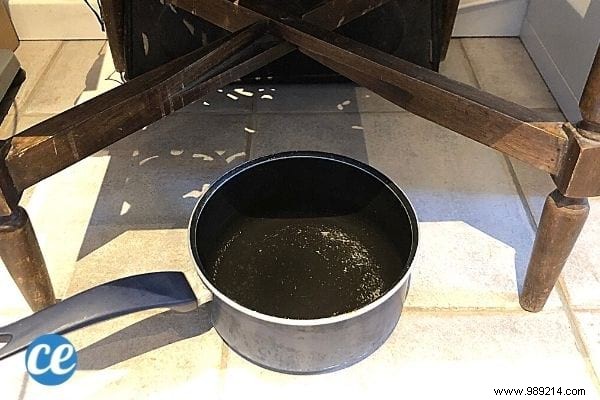
Similarly effective: position a large container of cold water—like a pot, basin, or bowl—in the room. Room heat causes gradual evaporation, boosting humidity. Tuck it under furniture if aesthetics matter, but refresh the water daily to prevent bacteria growth.
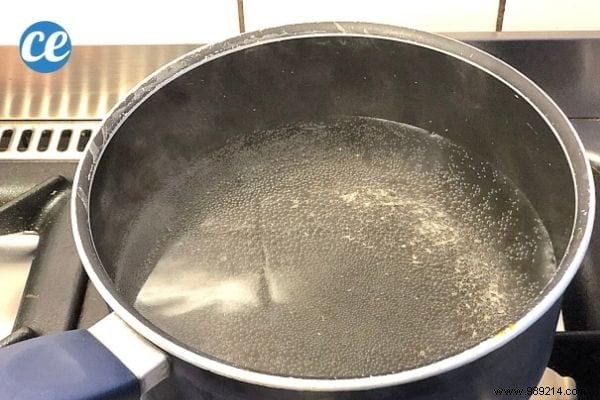
Boil water in a saucepan for fast results, especially in apartments. Steam disperses rapidly, raising humidity naturally. Multitask by cooking pasta or veggies, then reuse the water. Or simmer apples with cinnamon and cloves for a humidifying treat that saves money and delights the family.
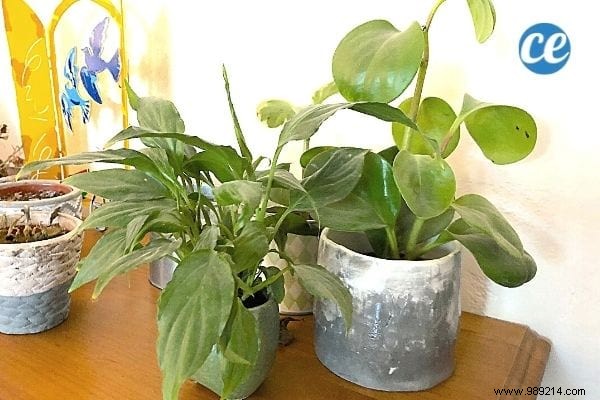
Houseplants like air-purifying varieties naturally humidify by releasing water vapor when watered. They also oxygenate and beautify your space—herbs or low-light plants work too, adding freshness to meals and air.
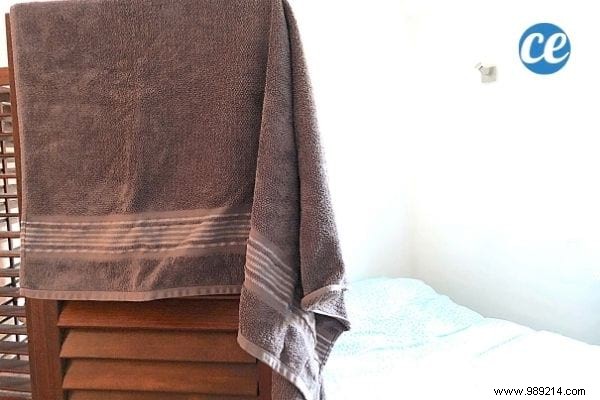
A free fix: soak towels in water, then hang them near radiators or racks. As they dry, moisture releases into the air. Add lavender or eucalyptus drops cautiously—avoid if pregnant, with kids under 7, allergies, asthma, or epilepsy. Always check precautions.
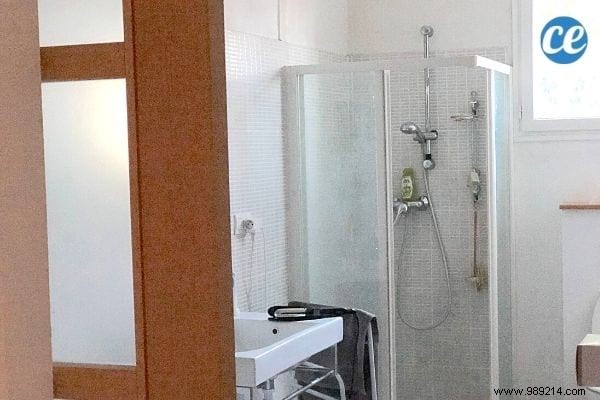
Post-shower, leave the bathroom door open. Steam naturally spreads, humidifying the whole home effortlessly—the simplest trick yet.
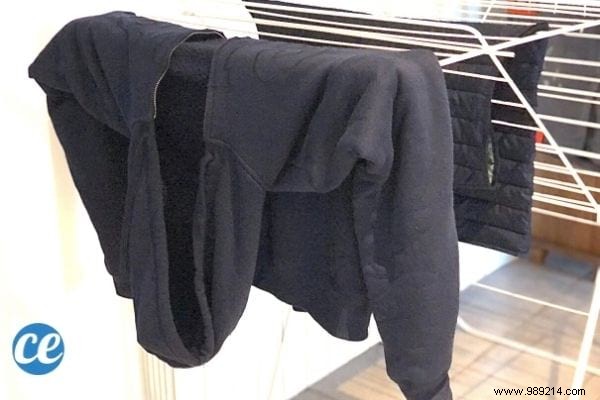
Hang wet laundry indoors. Evaporation humidifies while saving dryer energy, though it's not the most stylish option.
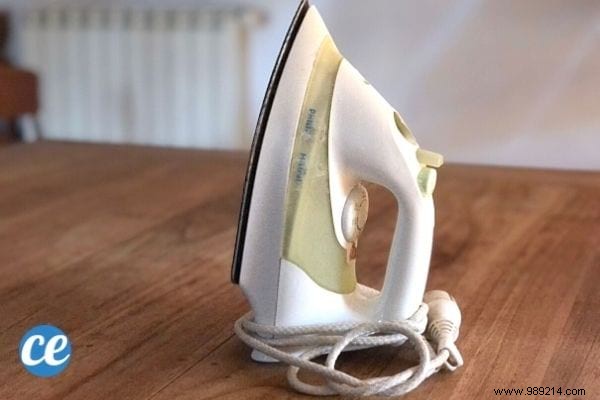
Once dry, iron in living areas. Steam creates condensation, further humidifying the air—two tasks, one benefit.
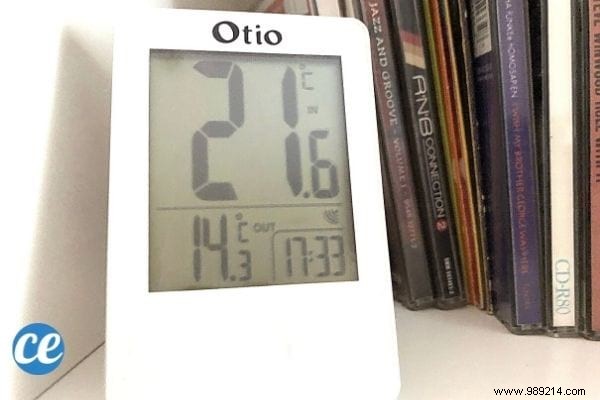
Avoid overheating: aim for 17-19°C in living rooms (19°C for babies, up to 20°C in bathrooms). Proper temps prevent excessive drying.
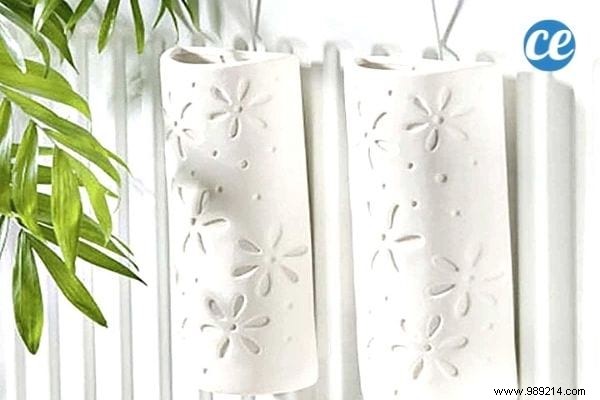
A radiator saturator—a small steel or ceramic reservoir—holds water that evaporates via heat. Compact and charming, it's ideal for small rooms, like those at Grandma's house.
These methods are easy, cost-effective, and reliable for combating dry air symptoms. Balance is key—avoid excess humidity to prevent mold.
Use a hygrometer to measure humidity. If low, apply these tips or consider commercial humidifiers: ultrasonic (mists water), steam (boils for vapor), or evaporative (filters air).
Ideal: 40-60% at 20-22°C; 45-55% in cooler rooms. This supports health and comfort.
Winter heating and poor ventilation stagnate and dry air, worsening health.
It irritates ENT systems, causing dry nose, colds, coughs, headaches, irritated eyes, chapped lips, sore throats, dry skin, poor sleep, and concentration issues. It also damages wood furniture.